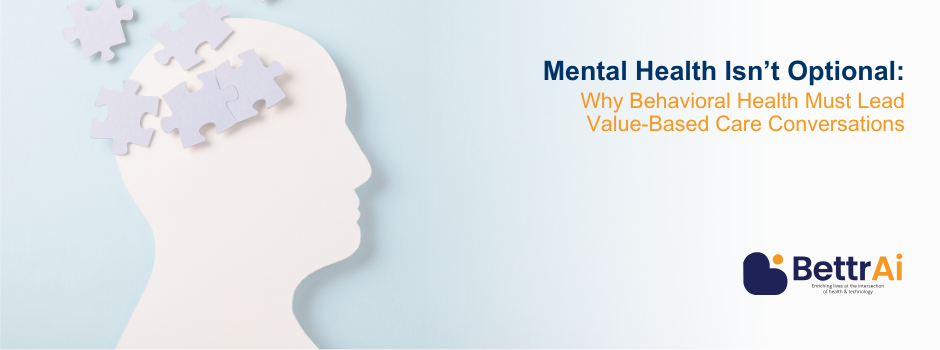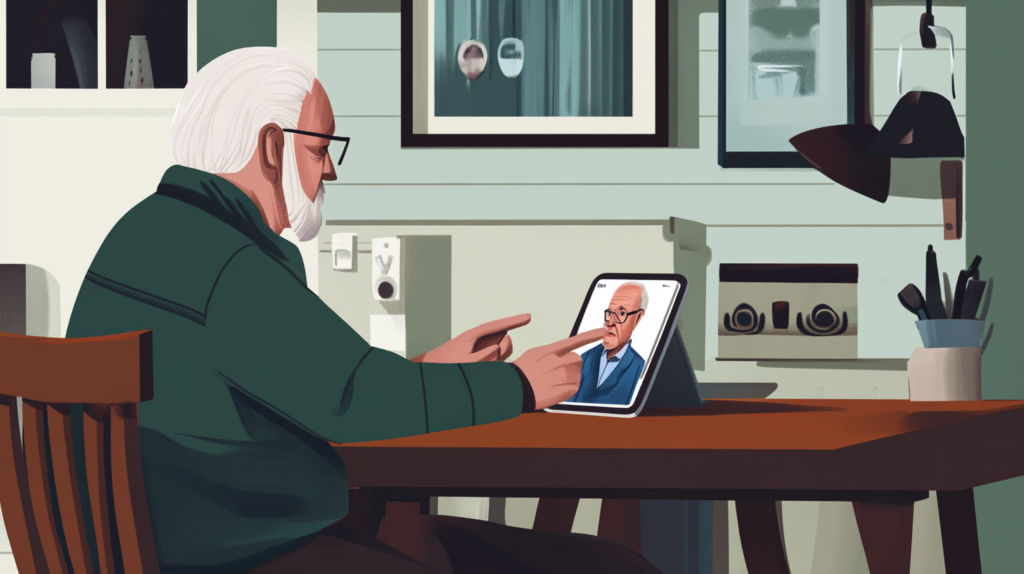[vc_row][vc_column width=\”1/1\”][vc_single_image media=\”83630\” media_width_percent=\”100\”][vc_custom_heading]7 tips for preventing falls in ageing patients at home[/vc_custom_heading][vc_column_text]Falls are common with anyone and can make the person lose confidence and feel insecure, especially in public. Although most of the falls might not be serious, they can result in an injury or broken bones and might impair movement. Older individuals are more prone to accidental falls. It becomes difficult for them to get move unless there is immediate support provided to them.[/vc_column_text][vc_custom_heading]Causes of falls in elderly[/vc_custom_heading][vc_column_text]As people get older, the natural aging process increases the risk of accidental falls. These sudden falls can sometimes cause permanent disability and can even be fatal. Some of the medications result in side effects, such as low blood pressure, drowsiness, and dizziness, increasing the risk of falls in elderly patients. Vision decreases with the process of aging. Age-related eye problems can make it difficult to see the obstacles on the way, and might leads to accidental falls.
Aging makes a person less active, and loss of balance and coordination reduces flexibility and can cause falls in adults. Certain health conditions like chronic arthritis and Alzheimer’s disease may increase falls in older individuals. Surgical procedures to the hip and knee can cause extreme pain and make a person stay restricted to one place. This can cause numbness, and a sudden movement might increase the risk of fall.[/vc_column_text][vc_custom_heading]Here are some tips to prevent falls:[/vc_custom_heading][vc_column_text]
- Anti-skid soles: Sometimes, smooth flooring can be a risk for falls. Wearing nonskid soles at home is a safer option to prevent sudden or accidental falls. With the growing concern of older adults, various alternative footwear and non-slip socks prevent falls. Non-slip soles prevent sudden slips, falls, and unintentional accidents at home. Currently, there are so many companies that are manufacturing skid-resistant soles and socks that prevent falls.
- Be watchful: Slippery floors and wet floors can result in sudden falls. In some cases, a fall on wet flooring can result in fractures and sprain that might restrict movement for a few days. Hence, one should be very careful and watchful while moving around on a slippery and wet floor. Never try to move quickly on a wet and smooth slippery floor. Pause for a while and stand if you cannot have a firm grip while walking on the floor. Ensure that your regular footwear is comfortable for you to walk freely with a firm grip. Clean the spilled liquids or any greasy substances on the floor immediately.
- Exercise regularly: Regular exercises can keep your bones and muscles strong and healthy. Regular physical activity increases flexibility and endurance. Exercises can help you maintain balance and reduce the risk of falls. Sometimes, lower body weakness can cause walking issues and increase falls, especially in older people.
- Say no to alcohol: Alcohol consumption has a severe impact on the brain and greatly affects balance while walking. It can result in poor coordination and a lack of proper balance. Avoid consuming alcohol as it can increase the risk of falls, fractures, and injuries.
- Use supportive devices: If you often feel numbness in your feet or dizziness while walking, always use a cane or walker. Assistive devices can help prevent falls, especially when there is no one around to assist you in moving from one place to another. Installing handrails on the staircase and grab bars wherever necessary can help prevent falls.
- Ensure enough lighting: Installing brighter lights helps the adults to move around with much caution. Dim lights, especially the nightlights or the bed lamps, can sometimes make you experience a fall. Install brighter lights on the staircase, in bathrooms, and on the narrow pathways in the house.
- Review your health condition: It is essential to remain healthy and get your routine health checkup done regularly. Specific eye problems, low blood glucose levels, and low blood pressure can put you at the risk of falls. Visit a doctor when you feel numbness in your legs, dizziness, shortness of breath, or pain in your knee joints. Early detection of an illness can help you prevent the risk of falls.
[/vc_column_text][vc_custom_heading]RPM can help address falls quickly[/vc_custom_heading][vc_column_text]RPM providers are helping older adults to stay safe at their homes and are being continuously monitored by healthcare providers. Fall detection devices with wearable sensors, such as wristwatches, patches, etc. are helpful in identifying falls immediately. It gives an immediate alarm/alert and can help prevent the condition from being critical or fatal.[/vc_column_text][/vc_column][/vc_row]



